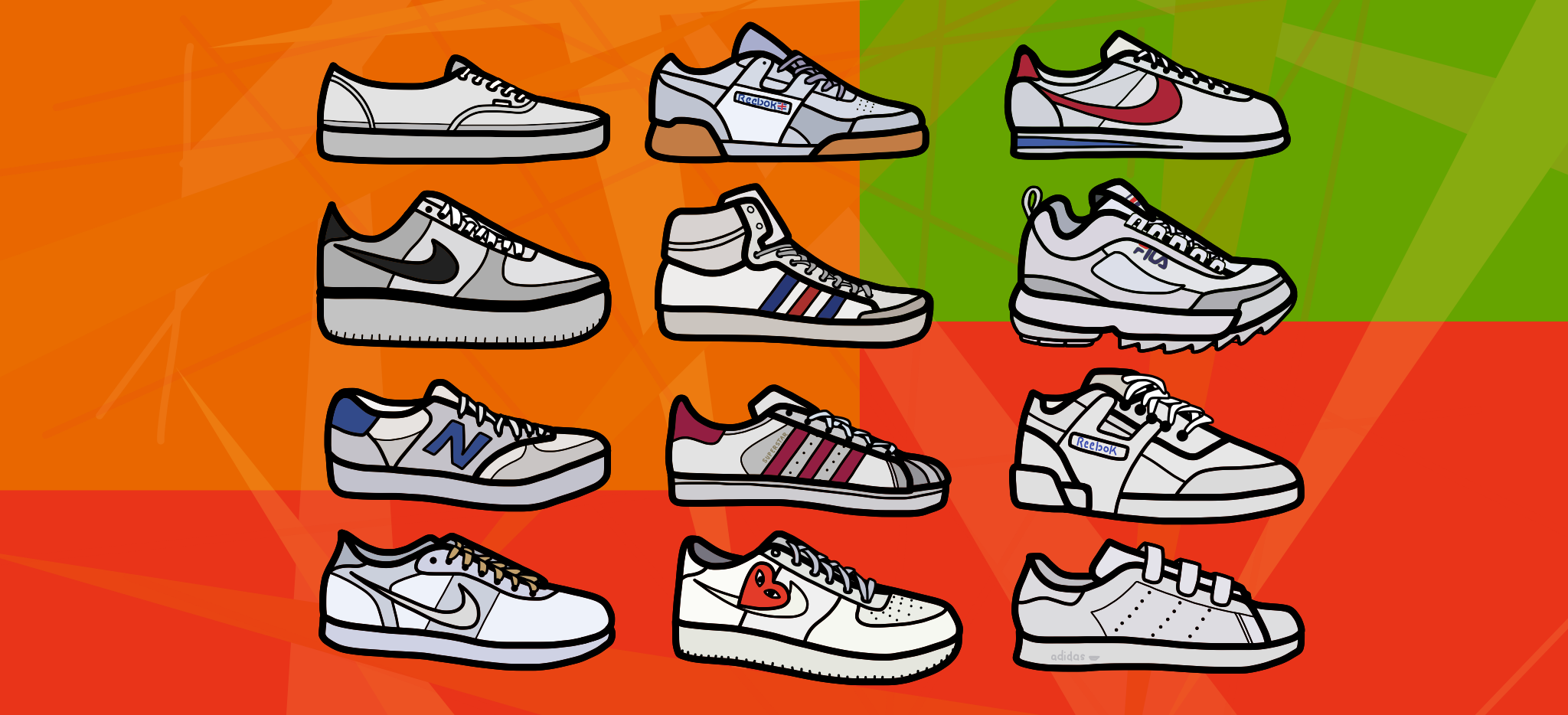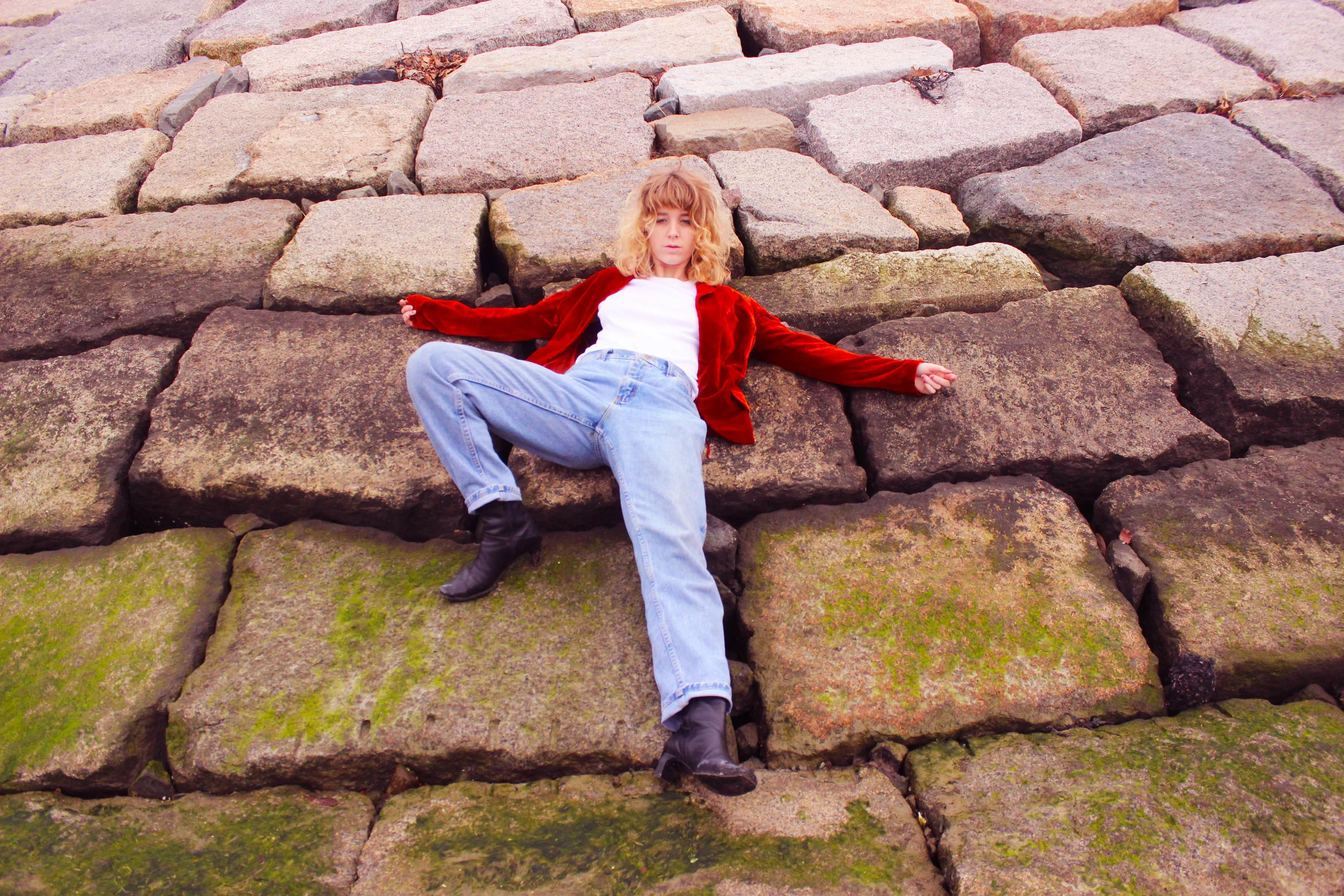Insecurity, Inspiration, Influencers and Instagra
When The Grass Isn't Green
Caroline Kipp Explores Mortality Through Sculpture
I Know A Place
Why are we dissatisfied? Everyone I know seems to feel cripplingly inadequate. We compare ourselves to each other, and to what we perceive as greatness.
Why am I not a published writer? Why don’t I work at a production company? Why don’t I have a robust online following of adoring teen fans? When will I get invited to Fashion Week?
I know I am not the only one with seemingly ridiculous dreams and aspirations, coupled with a serious tendency to disparage myself and my achievements.
I cannot deny within myself a desire to change‒to be satisfied here. With all my heart, I wish that I could relish the present and take joy in working hard, right here where I am. It seems, at times, the scope of my dreams is crippling‒the fear of not achieving them, even more so.
Will I be able to make myself even a fraction of the person I want to be?
Great women are my biggest inspiration. Recently, I’ve been inspired by the girls in the up and coming pop band MUNA. They’re three confident, queer women whose lyrics offer raw honesty and empowerment.
While observing the success of young women, I often find myself caught between two opposing feelings. I compare myself to them, feeling jealous of their achievements that contrast with my mountains of confusion and perceived failure. At the same time, there is nothing more exciting to me than seeing women being empowered and celebrated for their abilities.
In MUNA’s song “I Know A Place,” the lead singer Katie sings, “I can tell / When you get nervous / You think being yourself / Means being unworthy / And it’s hard to love / With a heart that’s hurting / But if you want to go out dancing / I know a place / I know a place we can go / Where everyone gonna lay down their weapon.” I recently saw the band play at Brighton Music Hall and those simple lyrics struck me. Why do we constantly fall into a cycle of focusing on our own unworthiness‒whether it’s at work, at school, or in romantic relationships?
The band wrote the song for the post-Trump era to empower the LGBTQ community, as a source of liberation and celebration in the face of so much pain and even violence. In addition to physical weapons, the weapons of hate and political oppression have also been used against queer people for far too long, and the lack of relief is staggering. The lyrics speak to that as well as to broader issues of shame and self-loathing within and outside the community.
Greatness is not objective. There is no peak of achievement I need to reach in order to be happy. No accolades, fame, or financial success will make me love myself.
After seeing MUNA’s Lay Down Your Weapons tour, I feel the need to lay down the weapons I use against myself: comparison, discouragement, shame. I want to use my inexhaustible dreams, not to attack myself, but to motivate myself to work harder and create more. I’m tired of letting my hopes and dreams become a shadow hanging over my head. I want them to become goals I am motivated towards, rather than reasons to beat myself to a pulp whenever I think I fall short.
Text by Abigail Baldwin









